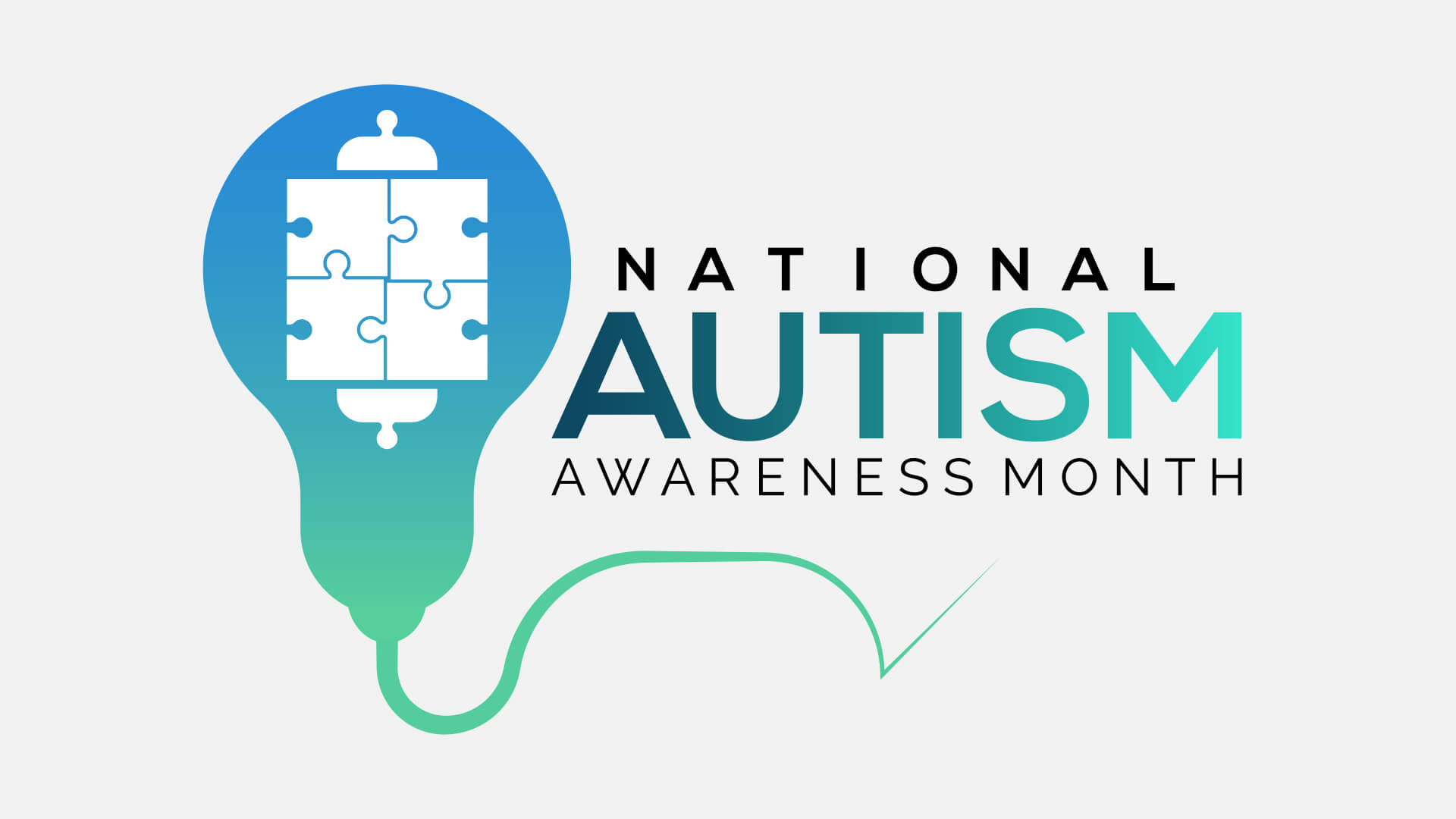Autism Awareness Month 2023: How to Foster An Inclusive and Effective Working Environment
By Dan Kentley, Practice Manager at Onebright
Around 1 in 100 people are on the autism spectrum, a condition which affects around 700,000 adults and children in the UK. Autism Awareness Month is recognised throughout the month of April and aims to raise awareness about autism, which can also be referred to as Autism Spectrum Disorder or Autism Spectrum Condition. This year, we look at how organisations and workplaces can support their neurodiverse workforce and attract new talent.
Autism is a spectrum condition, meaning it affects different people in different ways in different environments. The challenges that one autistic individual may face could be the strengths of another, and vice versa. Because of this variety, the ‘standard’ practices we see in the workplace may need reviewing to ensure they are as inclusive as possible for all employees.
Autistic individuals bring a wealth of unique knowledge, skills, and expertise to the workplace. However, those with autism often report feeling that they are perceived by others to struggle in all areas of work, just because they may have difficulties in one or two specific fields.
Skills and attributes such as focus, attention to detail, retention of information, creativity, and analytical skills are all prime examples of how autistic individuals can bring new and different perspectives to organisations and teams. But in order to harness these skills, organisations need to adapt working practices and environments to suit the needs of their neurodiverse employees.
A 2020 study identified the three key areas which need to be considered in order to ensure an autism-friendly environment. These include knowledge and understanding of autism across an organisation, optimal work environment, and appropriate job match.
Social challenges can be particularly impactful for individuals with autism, whether associated with ‘extra-curricular’ social events or work-related interactions, such as communicating expectations or interpreting workplace culture. Sharing knowledge and encouraging reflection across the wider workforce can help to break down these barriers and foster a culture of understanding, enquiry, and support.
Simple adaptations such as minimising distractions, reducing noise, and ensuring job duties are clear can all be helpful for autistic individuals. Line manager supervision, clear communication and feedback mechanisms, cultural support for social situations or meetings, and clear development opportunities and career path progression all need particular care and attention to foster an environment where neurodiverse individuals can thrive.
Of course, there is no ‘one size fits all’ support strategy. The following factors are a great place to start to establish a healthy and effective working environment for all employees.
Assess the accessibility of your hiring process
Start by evaluating how job positions are advertised and whether your organisation encourages applications from individuals with autism and other neurodiverse conditions. Are job descriptions regularly reviewed to ensure they include clear and specific expectations of a role and avoid any generic non-essential requirements? How might the interview process be more inclusive? Are clear details of the process set out in advance? A ‘traditional’ interview or application process may not be inclusive for all applicants, so it may be necessary to tailor your hiring programme to present an equal opportunity for everyone.
Think about your physical work environment
Creating options for low stimulus environments will ensure autistic or neurodiverse individuals have access to an environment in which they are able to do their best work. Providing noise-cancelling headphones or a quiet space to unwind after a busy meeting can be highly beneficial for those who may not work well in loud or crowded environments. It’s also important to ensure you are using technology to the advantage of neurodiverse individuals, rather than creating an unnecessary stimulus.
Establish a clear and effective mental health policy
Constructing and regularly updating a mental health policy is important to ensure working environments are benefitting all of your employees. As a start, your policy should include considerations of the factors that allow autistic and neurodiverse individuals to work most effectively. These practices should then be communicated clearly across the organisation. An emphasis on open and consistent dialogue between managers, supervisors, and all other employees will create an inclusive and supportive working environment that allows all employees to thrive.







